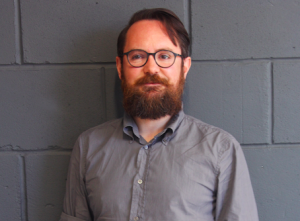We’re still basking in the glory of our DVO rebrand, we’ve had some very constructive and positive feedback which is always nice to hear. Now it’s about putting our strategy into play exactly what we would do for our clients. Watch this space?
Anyway enough back patting. So this is our new “news and insights” strand, the following are some of the things we’re collectively interested in and have been talking about in the agency over the past week. There’s no format for this, hopefully it will stimulate some conversation, feel free to start one.
We were all excited to learn more about the stuff Magic Leap have been up to as news broke of their second round funding, upon further investigation some of the things they seem to be doing with augmented reality are astounding. It’ll be great to see some of this working in practice and who knows maybe used by some brands in the future. It certainly got us thinking about how we could apply some of this tech to a meaningful piece of work which is ultimately what’s important. You have to admire companies like this pushing the boundaries of technology, as a collective however we’re interested in the killer application I’m sure there will be one. This raises an interesting question about technology application, the amount invested in it and where the returns are going to come from, we’d be interested in your thoughts?
The iZettle card reader/payment gateway seems to be the card reader of choice in East London these days and we wanted to find out more about them, particularly their design philosophy. We were taken aback by the emphasis they put on design, it makes huge sense because people simply respond to great design and great UX. It’s a business imperative for iZettle and it seems all areas are aware of the importance of great design, not just the marketing team. I think it says a lot about their culture that everyone cares about this, there are some obvious companies out there with similar beliefs and unsurprisingly they all seem to be doing pretty well. It would be interesting to understand how a business like this that isn’t in a creative industry instils this into the culture and simply why some businesses obviously don’t care?
Given the events of the last week we’ve been discussing “social for good”. Specifically, with Facebook losing users, its teen audience is down by 28% this year, whether Zuckerberg thinks social good is a potential way forward for the platform?
He’s currently looking at AI, Drones and Oculus VR, can they integrate with the site though? Is he not just jumping on the same band wagons that everyone else is? If he uses Drones for good, as he’s talked about, linking villages who aren’t connected with a laser from a drone then he may be able to help people who aren’t connected or are these just publicity stunts?
Is there more Zuckerberg can continue to do for social good? “Naomi Gloat VP, product, social good: “We are taking a data-driven, product-driven approach to doing good in the world. You’re interested in certain causes, and you’re also interested in the causes that your friends are interested in, so we’re trying to take a social angle.”
Proof of this was the in platform tool used for people in Paris to state they were safe, one of the best uses of social seen during difficult times.
Facebook switched on the tool this Friday after a series of shootings and bombings in France’s capital killed more than 100 people and injured more than 350 others. Over 4 million people used the tool to mark themselves as safe. It’s an interesting dimension that I’m sure the clever people at Facebook will be discussing at length.
AI, AGI, machine learning, neural nets, Google open-sourcing TensorFlow, all popular themes recently, but what about delving a little deeper into the philosophical aspect of all this? Is the internet a global brain yet?
The speed at which ideas, opinions and memes spread around the world is so fast these days, that it could be said to be approaching the speed of thought.
We’ve been reading Francis Heylighen this week, director of The Global Brain Institute and his thoughts on how intelligence might emerge from the millions of nodes and networks of the web, much like an organic brain has millions of neurons and synapses, and that this network eventually becomes so large and dense, taking over more functions of coordination, planning, prediction and communication that it could become like a global brain for our planet.
Does that enhance or hinder humans? Heylighen puts forward the argument that it will enhance humanity, and form a symbiotic relationship between people and itself, the global brain making use of evolutions’ millions of years of honing biological sensory input devices (our eyes, ears, brains) to make up for it’s own limited interaction with the physical world. The more input we can give it, the more useful we are to it, so it will reward us and work to our benefit, goes his theory.
Let’s jump ahead a few years, and suppose the global brain does exist and we can ask it anything and it will answer us with exactly what we are asking for. Will there still be a need to convince people? Will people still need to be sold on the benefits of things? Why not just ask the global brain?
Will the brain be rented by brands for periods of time, to dispense ‘advice’ with a commercial slant, or will we, together with the brain, have evolved away from this way of interacting?
In an age of instant advice and god-like truth, it will be interesting to see what role marketers carve out for themselves.
Come and speak to us about your digital strategy, we don’t bite. Contact us.





